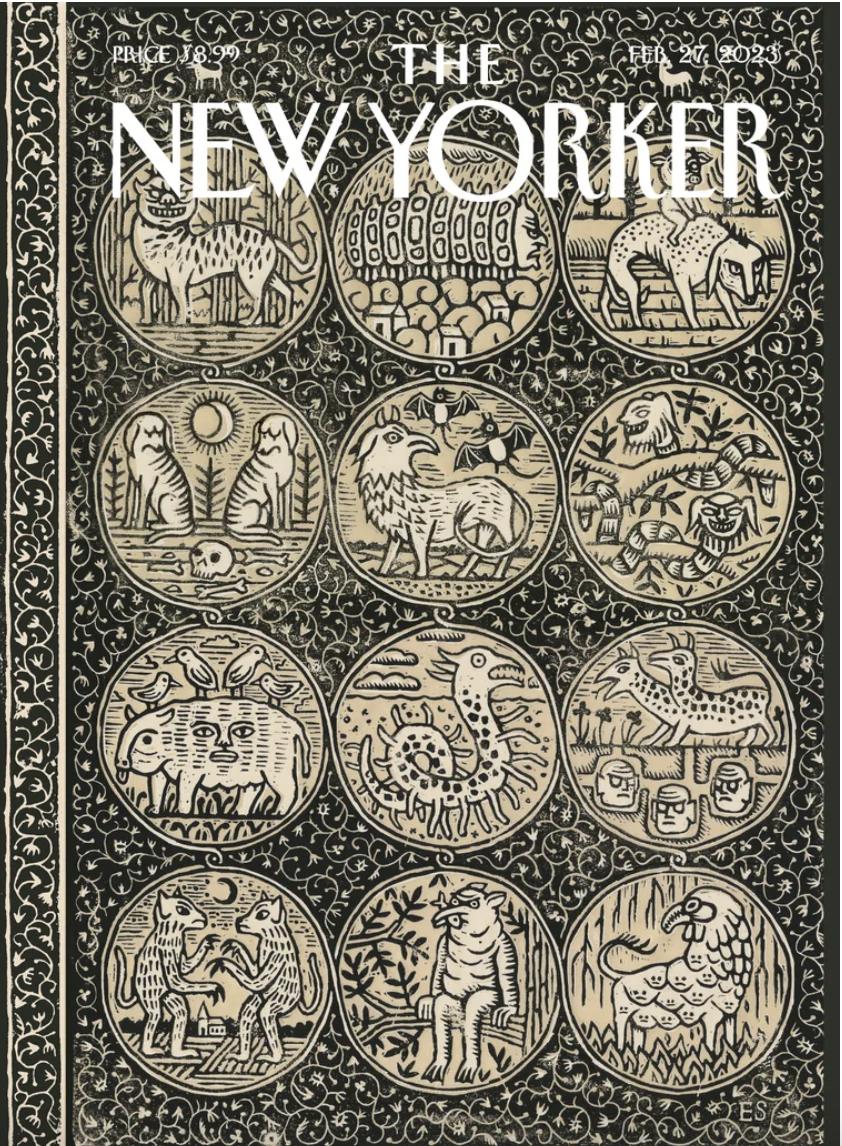The Author Who Brought the Montessori Method to Life in Her Fiction
Dorothy Canfield Fisher’s novels took family life and childhood development seriously, glorying in the daily accumulation of small insights and struggles for mastery.
“A Montessori Mother” is “dedicated by permission to Maria Montessori,” whom Canfield Fisher had met in Rome, in 1911, and the book is presented as a response to the battery of questions that the writer had faced since her return: “Now, you’ve been to Rome; you’ve seen the Montessori schools. . . . Is it really so wonderful? Or is it just a fad? Is it true that the children are allowed to do exactly as they please? I should think it would spoil them beyond endurance. Do they really learn to read and write so young? And isn’t it very bad for them to stimulate them so unnaturally?” Canfield Fisher proceeds to a wondering and almost religious description of the Casa dei Bambini, marvelling that the twenty-five young children in the room were completely absorbed in their different tasks, responding rhapsodically to the teacher, who was, in the best Montessori tradition, not interfering with the children, not disciplining them, but allowing them to learn by doing: “It suddenly occurred to me, as I looked at that quiet, smiling Italian woman, that somehow my own life, for all its full happiness, must lack some element of orderliness, of discipline, of spiritual economy which alone could have put that look of calm certainty on her face.”
Canfield Fisher’s great theme is nurture, not nature. Children are malleable—in negative ways as well as positive ones—and education is all. “A Montessori Mother” begins with the following assertion:
The tremendous importance of primary teachers is ridiculously underestimated. The success or failure of the teachers of little children may not perhaps determine the amount of information acquired later in its educative career by each generation, but no one can deny that it determines to a considerable extent the character of the next generation, and character determines practically everything worth considering in the world of men.
Read the New Yorker article from which the above sections have been quoted in this link

